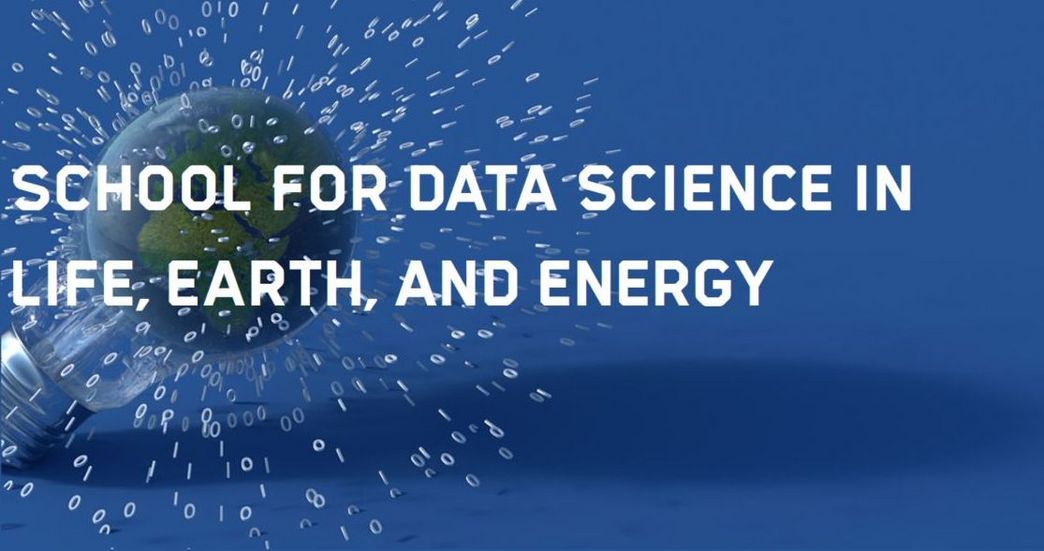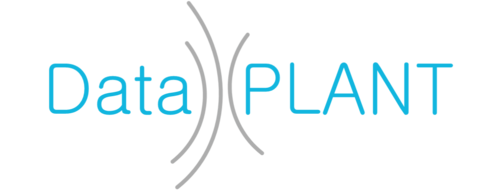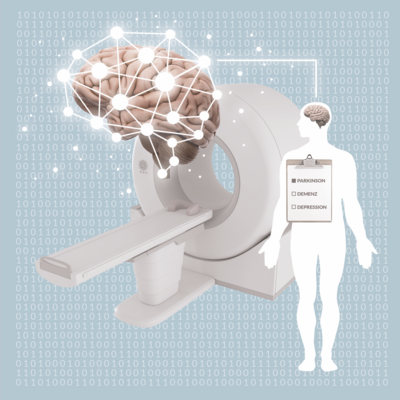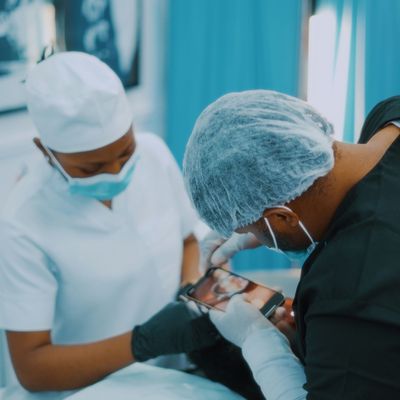HDS-LEE is growing

Scientists at HDS-LEE have recently acquired three new large-scale AI projects. This means: new PhD researchers at the School, an even stronger network of partner institutions and, of course, many cutting-edge data science subjects to work on.
Currently, 31 doctoral researchers are already working at the Helmholtz Data Science School for Life, Earth and Energy (HDS-LEE), and the junior scientists will shortly be able to welcome new colleagues: the number of HDS-LEE doctoral researchers will soon increase by at least seven new fully-funded positions. This is due to three new projects that have been attracted by principal investigators (PI) at HDS-LEE and will allow future PhD researchers in these projects to benefit from the HDS-LEE network. The three new collaborations in plant biology, medical research, and geosciences demonstrate the diversity of research that young Data Scientists can pursue at HDS-LEE - but also the scope of the network that is being created here: In addition to already existing university cooperations, not only five new universities could be gained as partners, but also research-related companies.
"We are very pleased that our PIs have succeeded in acquiring these high-caliber research projects and thus also in tying them to our School. This all strengthens the network at HDS-LEE and shows that the important connection of Data Science to the different research contexts Life, Earth and Energy, which we represent at the School, is an absolute future topic", says Prof. Wolfgang Wiechert, speaker at HDS-LEE.
These projects will expand the research portfolio at HDS-LEE in the future:
Plant data for all
Making research data accessible to all researchers and preparing them for further use is an important basis for all data-based sciences, including plant biology. HDS-LEE PI Björn Usadel and his research group at the Jülich Institute of Bio- and Geosciences are involved in the recently initiated research consortium "DataPLANT" (NFDI4Plants). "DataPLANT", which is funded by the German Research Foundation (DFG) over a period of five years and in a volume of 10 million euros, aims to develop a service and data infrastructure that will enable modern plant research to collect and provide large amounts of data in compliance with FAIR data principles. "DataPLANT" seeks to leverage and make accessible existing services rather than creating a completely new infrastructure. The project is part of the National Research Data Infrastructure (NFDI) initiative, which is concerned with the systematic indexing, processing, sustainable storage, and accessibility of scientific and research data resources, as well as (inter)national networking.
"DataPLANT" is coordinated by the Albert Ludwigs University of Freiburg, also participating are the Eberhard Karls University of Tübingen, the Technical University of Kaiserslautern and the Research Center Jülich. Usadel's group will focus on developing data standards for plant research, ensuring data quality and interoperability to ensure the (re)usability of research data. This research for "DataPLANT" will be strongly linked to the PhD project "Framework for Meta Data Analysis and Interactive Exploration of large Plant FAIR data sets" based at HDS-LEE to exploit synergies of both projects.
Designing the digital patient
Future HDS-LEE PhD candidates will be able to conduct research on a digital patient. This is the intention of the Simulation Data Lab "Digital Patient", which the two HDS-LEE PIs Giulia Rossetti (FZ Jülich) and Andreas Schuppert (RWTH Aachen) have launched together with their colleague Dorit Merhof (RWTH Aachen). In this Simulation Data Lab (SDL), which is funded over a period of ten years, a personalized model of a patient is to be created that can be used for diagnostics, prediction of disease progression and therapy results. In the purely computational patient at RWTH Aachen University and TU Darmstadt, high-performance computing resources will be combined with machine learning algorithms and simulations to develop medical applications ranging from molecular modeling of disease mechanisms to patient-scale systems medicine models. The SDL will provide the full spectrum of expertise from simulating biochemical processes at the molecular level, integrating very different data sources - such as genomics, clinical surveillance data, and biomedical knowledge - into hybrid models, to integrated patient-level image analysis.
The SDL "Digital Patient" is located within the research consortium NHR4CES (NHR for Computational Engineering Science). Here, RWTH and TU Darmstadt cooperate to promote computational engineering science in joint projects, graduate schools and study programs. The "Verbund für das Nationale Hochleistungsrechnen" (NHR) combines university computing centers of national importance as NHR centers.
Aachen Lighthouse
An AI lighthouse is now located in the Rhineland, headed by Julia Kowalski at RWTH Aachen University, among others. Together with the project partners, the HDS-LEE PI at the Aachen Faculty of "Georesources and Materials Engineering" has successfully obtained the "KI Lighthouse Project" of the German Federal Ministry for the Environment. The aim of the three-year project with the catchy title "KI:STE- AI Strategy for Earth System Data" is to analyze and process data on the state of nature and the environment with the help of artificial intelligence and to make it available to the public. In this project, the technical prerequisites are created to make powerful AI applications on environmental data accessible to future users and to establish environmental AI as a key technology. This should later enable better forecasting of weather extremes such as heavy rain and drought.
The "AI Lighthouses for Environment, Climate, Nature and Resources" funding initiative supports projects that use artificial intelligence to address environmental challenges. Participating in KI:STE are RWTH Aachen University and project partners from Forschungszentrum Jülich, the University of Cologne, Rheinische Friedrich-Wilhelms-Universität Bonn, 52° North Initiative for Geospatial Open Source Software GmbH, and Ambrosys GmbH. Five PhD researchers from the KI:STE project have already started working on their projects and thus gained access to the education program at HDS-LEE. They will in turn strengthen the HDS-LEE community.
More information about the projects and the HDS-LEE can be found here











